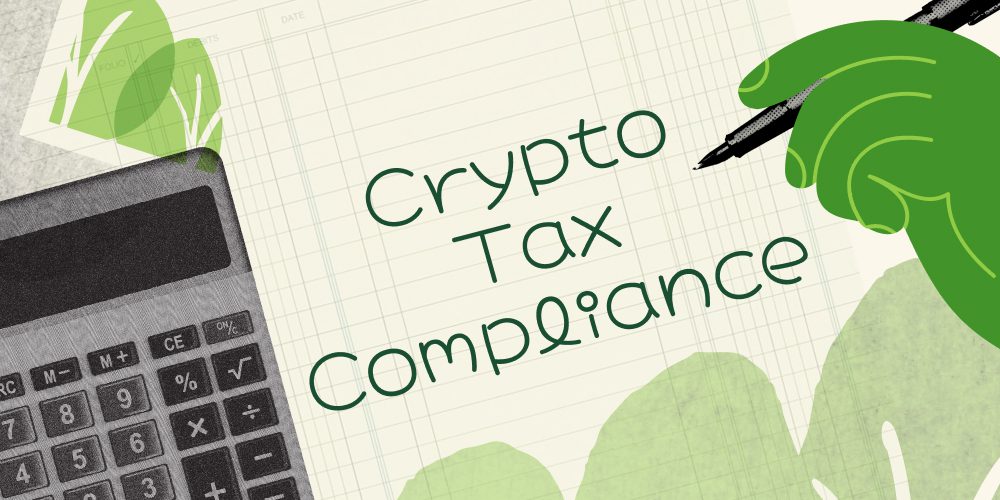As digital assets continue to gain mainstream adoption, investors and businesses are facing increasing scrutiny from tax authorities worldwide. The rapid growth of cryptocurrencies, decentralized finance (DeFi), and blockchain-based tokens has created new challenges in understanding and complying with complex tax regulations. Navigating this evolving landscape is critical for anyone holding or transacting in digital assets.
One of the key challenges in crypto taxation is the classification of assets. Cryptocurrencies are often treated as property rather than currency, meaning every transaction—including trades, swaps, and even purchases using crypto—can trigger taxable events. Investors must carefully track gains and losses for each transaction, a task that can quickly become overwhelming given the volume and volatility of the market.
To maintain compliance, accurate record-keeping is essential. Many countries now require detailed reporting of cryptocurrency holdings, including dates of acquisition, purchase prices, sale prices, and the value in local currency at the time of each transaction. Tools and software solutions have emerged to help track these transactions automatically, making it easier for users to calculate taxable gains and losses.
Another important aspect is understanding jurisdiction-specific rules. Tax laws vary widely: some countries impose capital gains taxes, while others may treat staking rewards, airdrops, and mining income as ordinary income. International investors must also consider double taxation treaties to avoid being taxed on the same income in multiple jurisdictions.
Beyond compliance, strategic planning can help reduce tax liabilities. Timing asset sales, using tax-loss harvesting, or holding assets long-term can influence the amount of tax owed. However, these strategies must be implemented carefully to stay within the legal framework.
Ultimately, staying informed and proactive is the best approach. Consulting with tax professionals who understand digital assets can provide clarity and help investors avoid penalties. As blockchain technology continues to integrate with traditional finance, mastering tax compliance is not just a necessity—it’s an essential part of responsible digital asset management.


